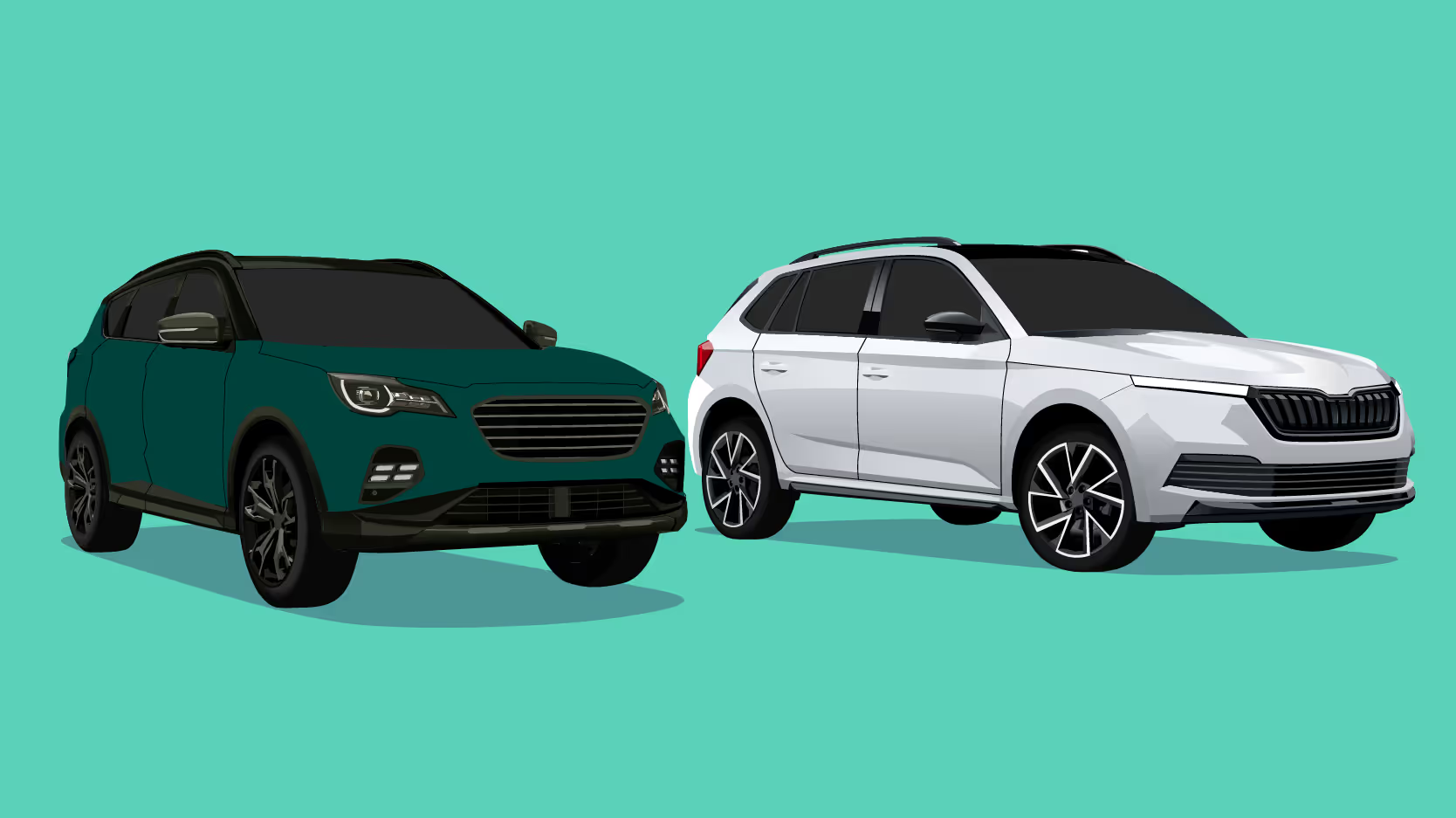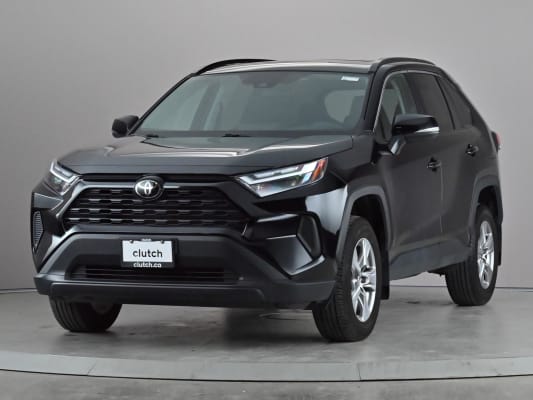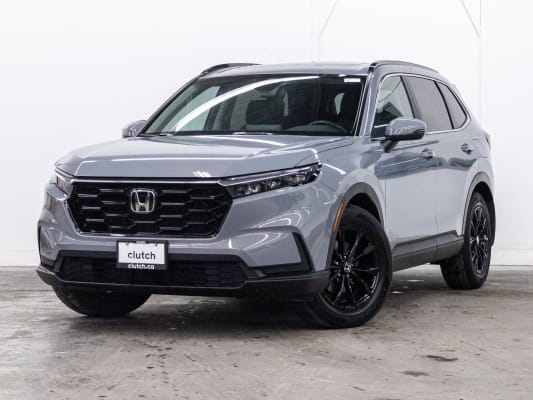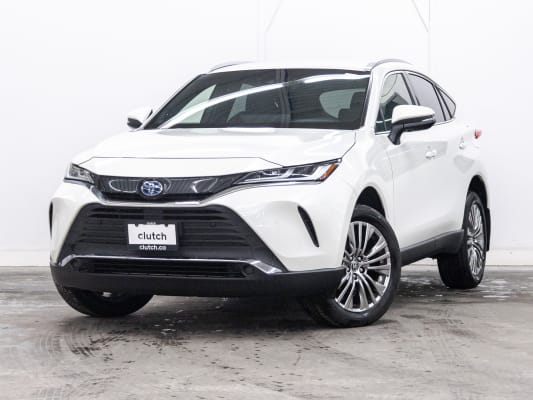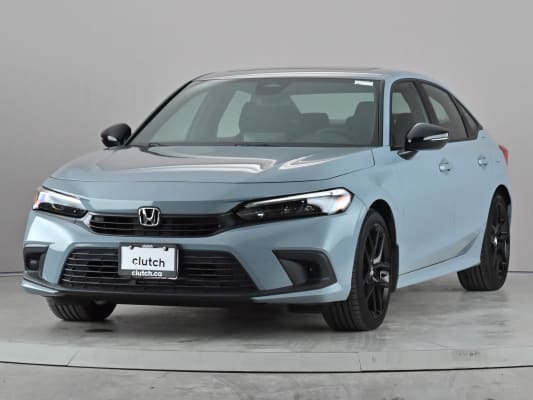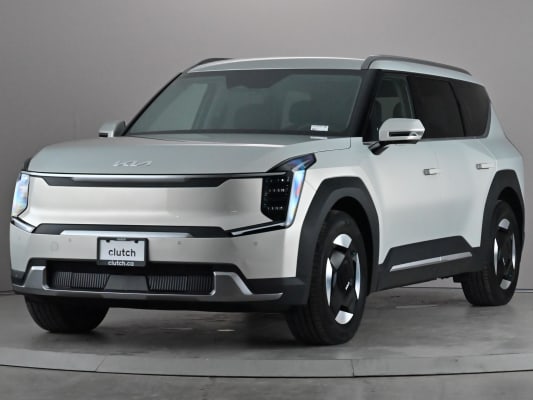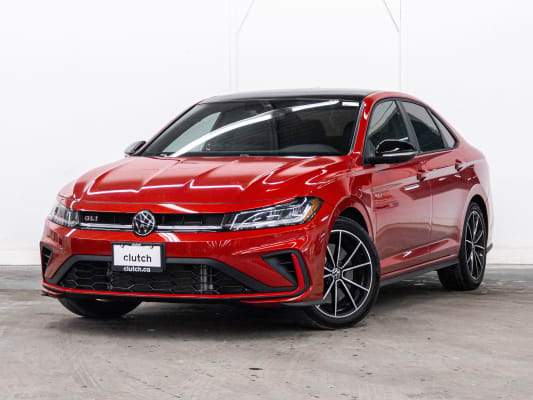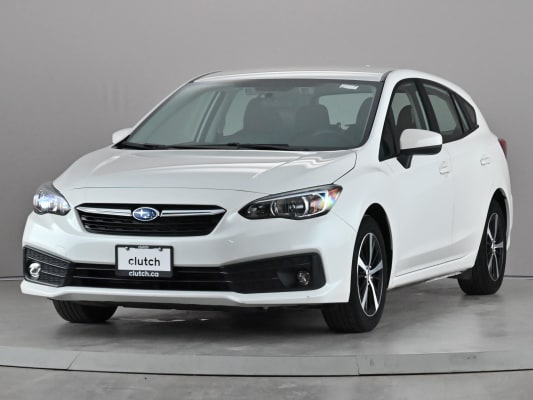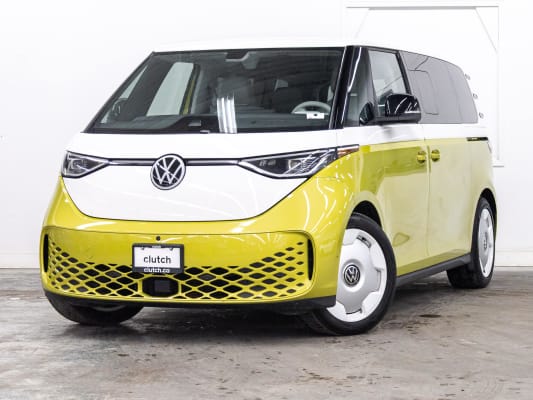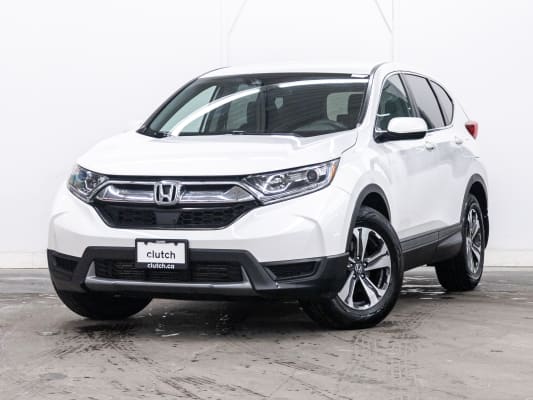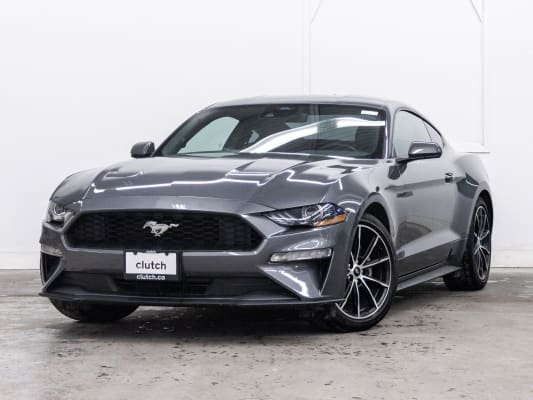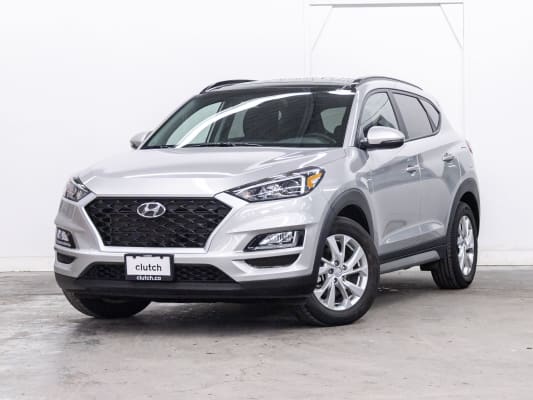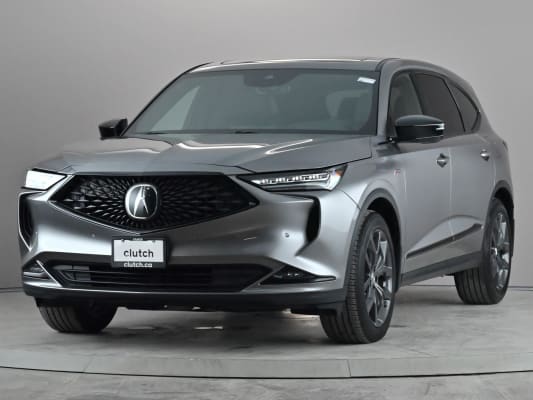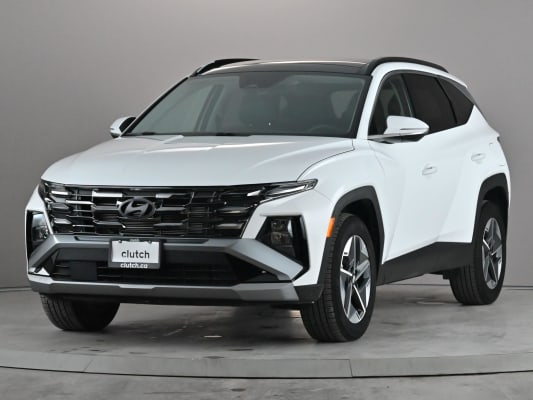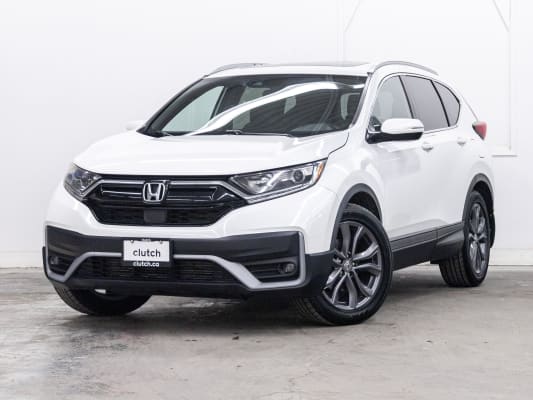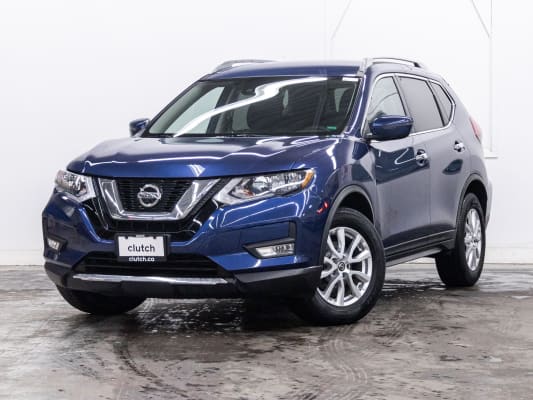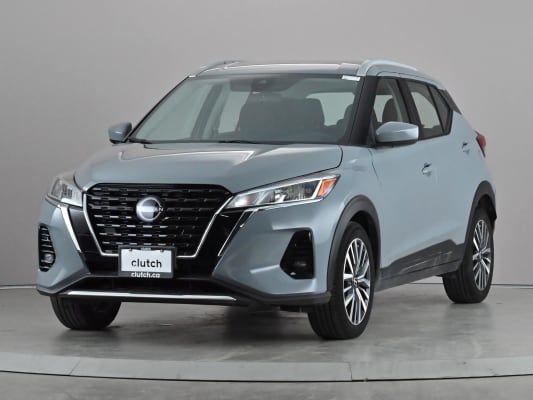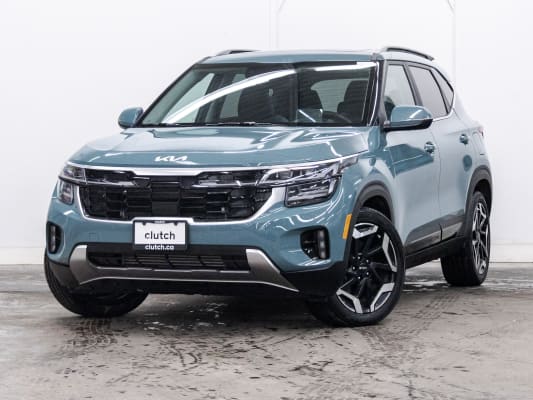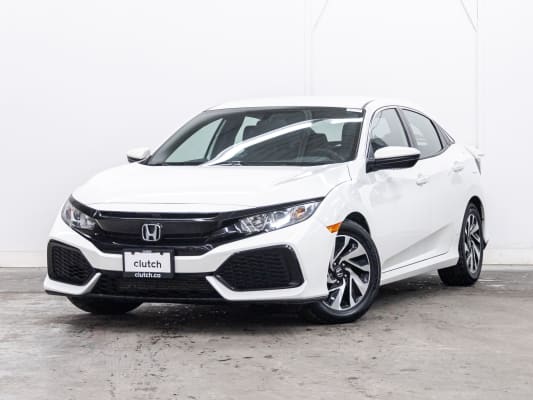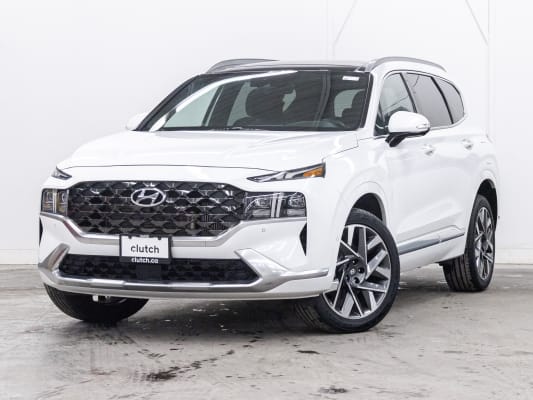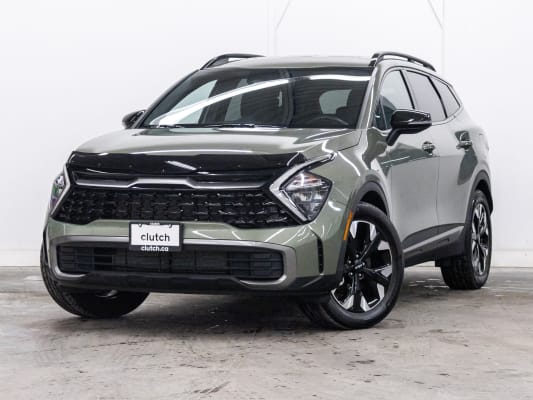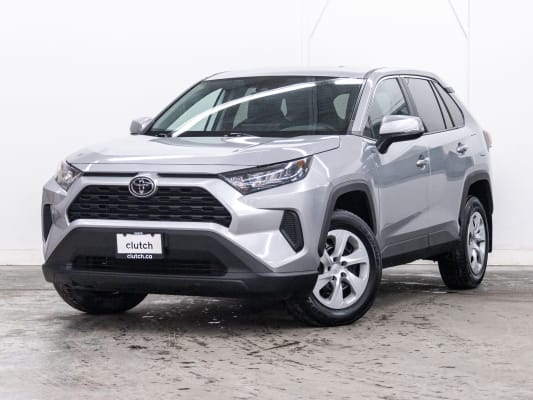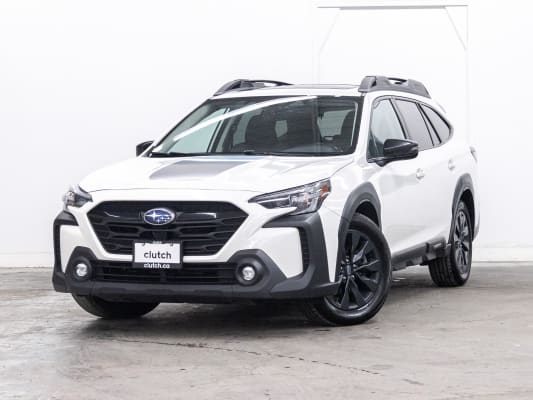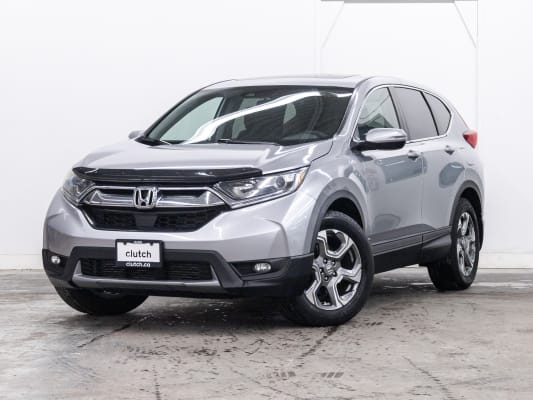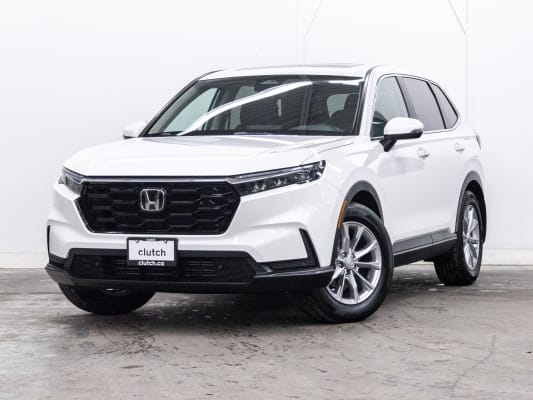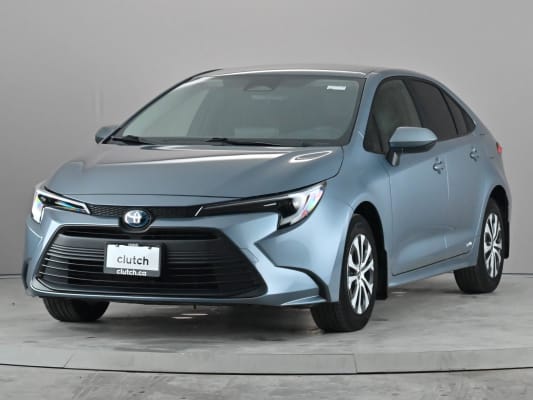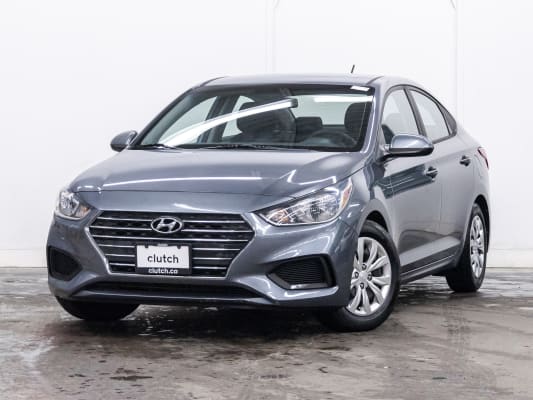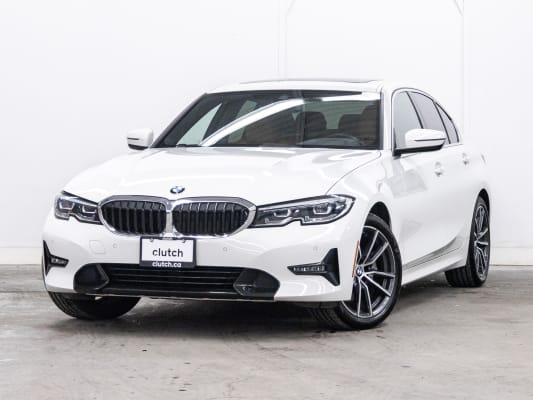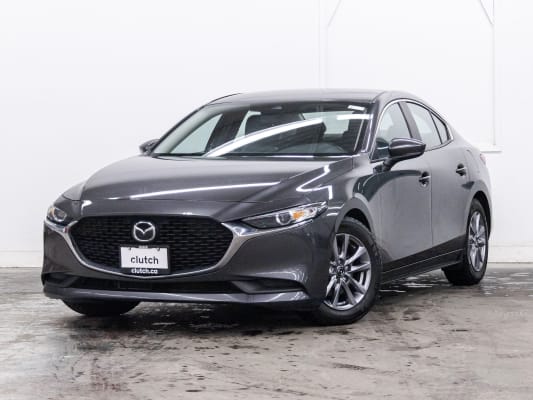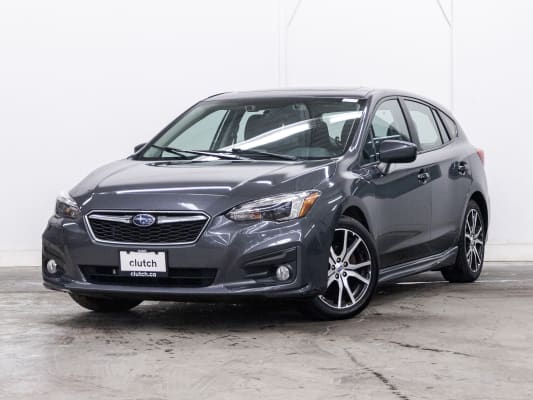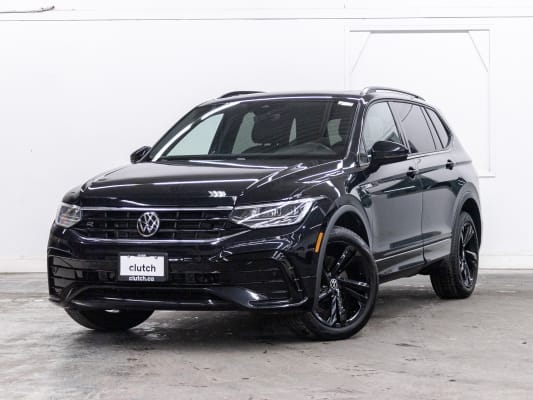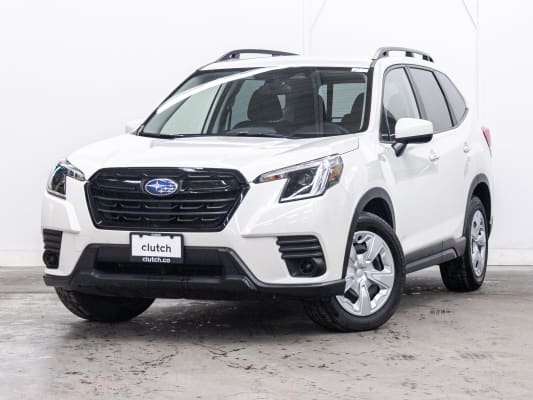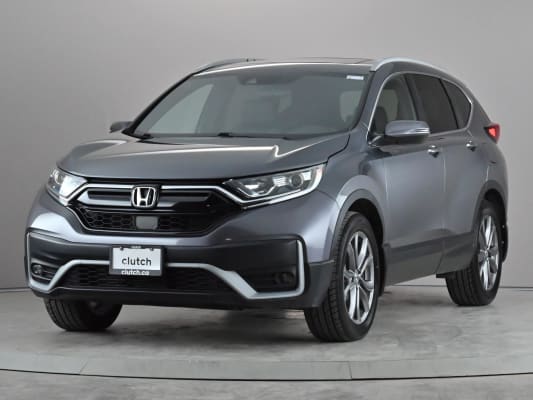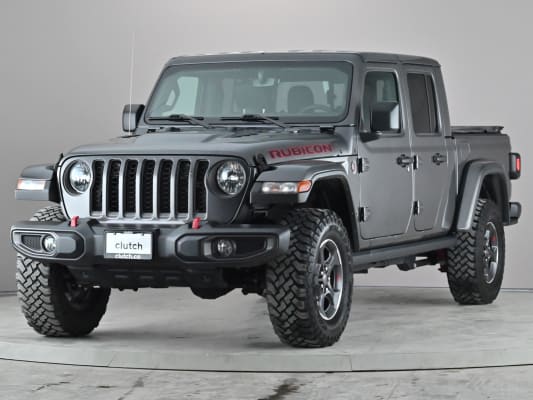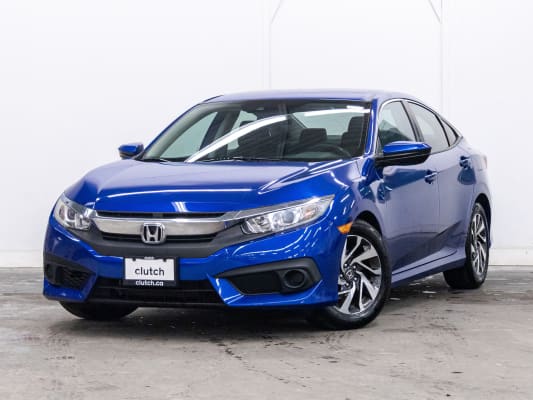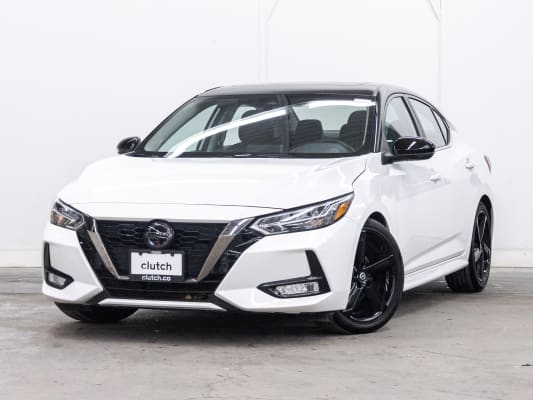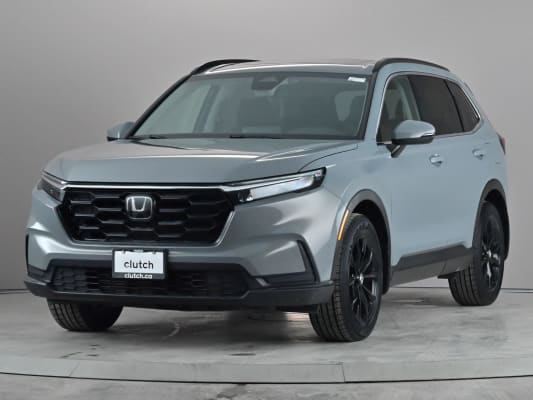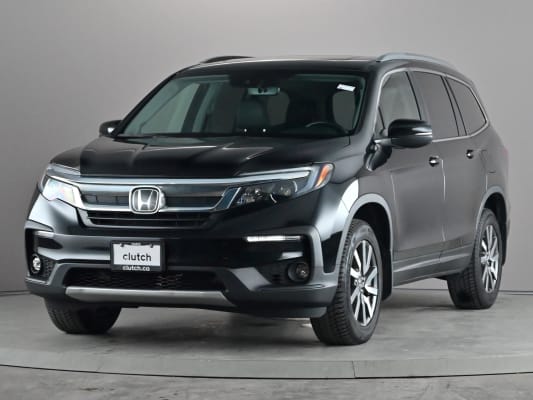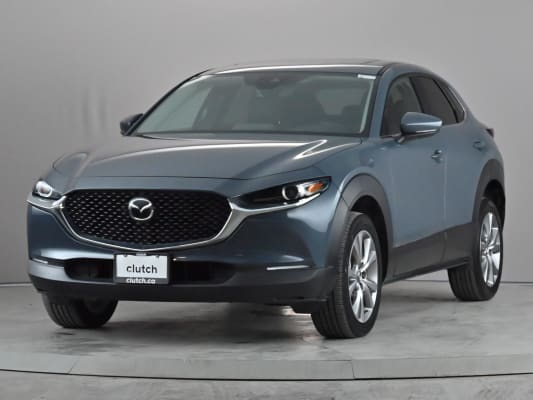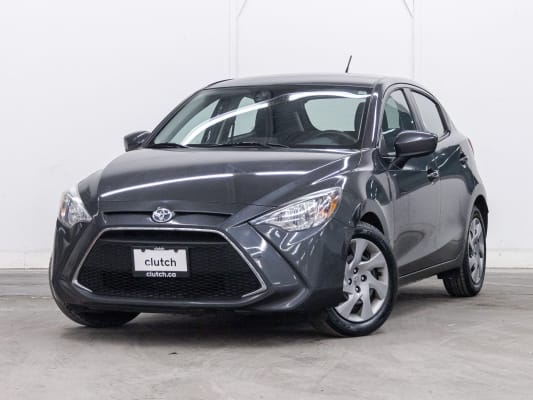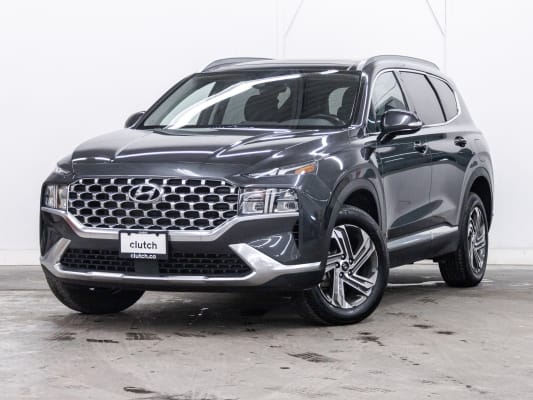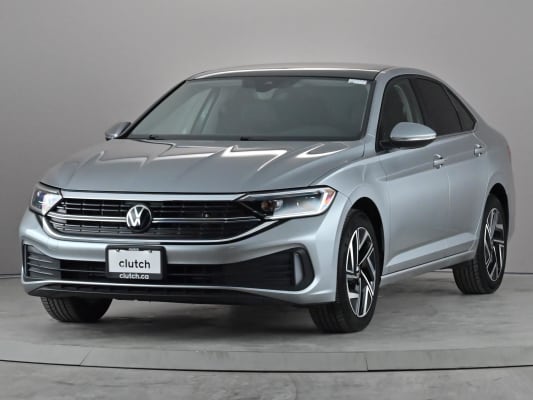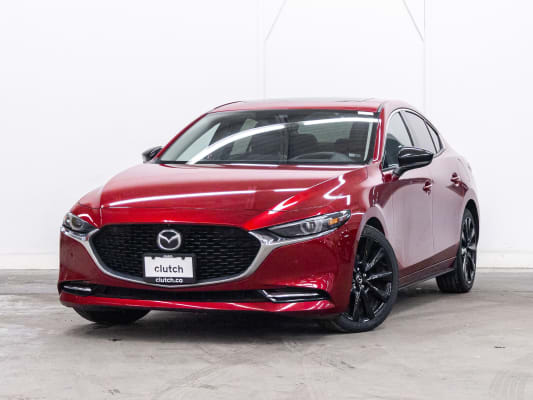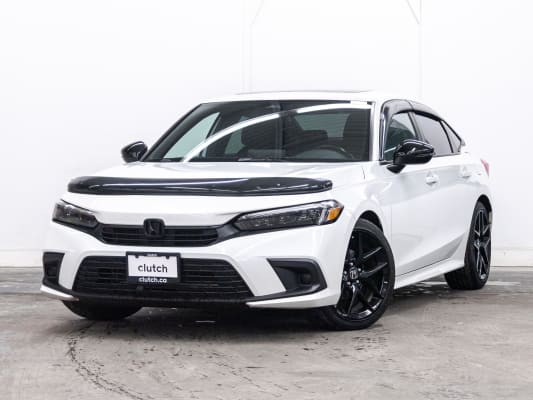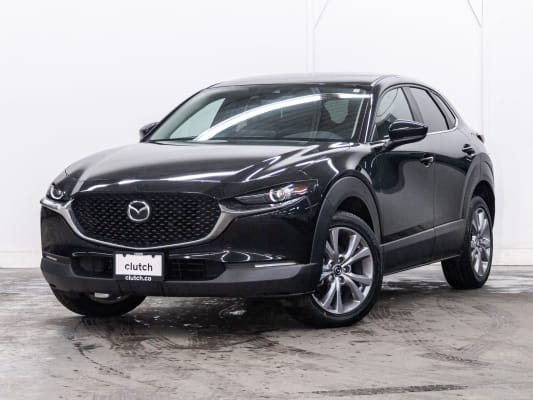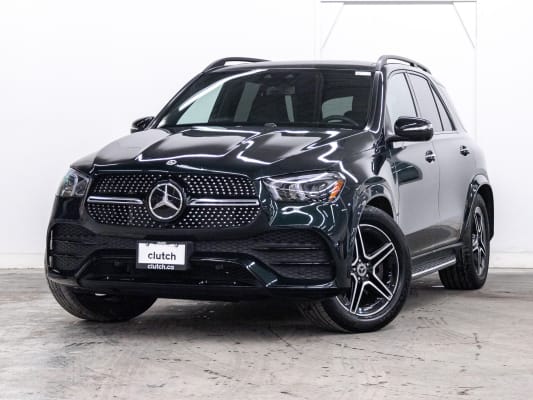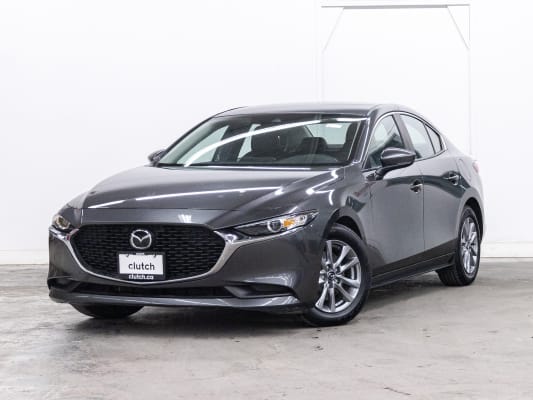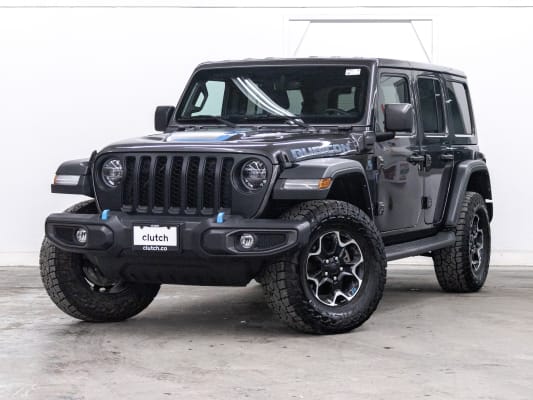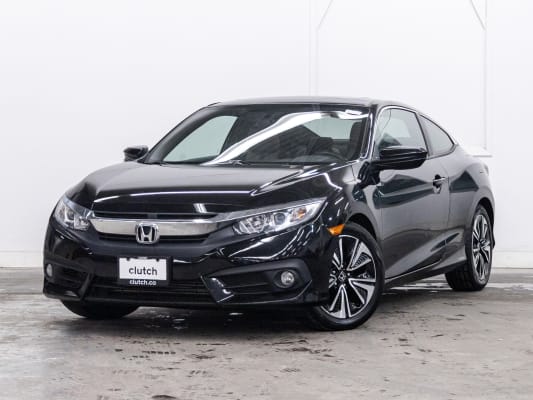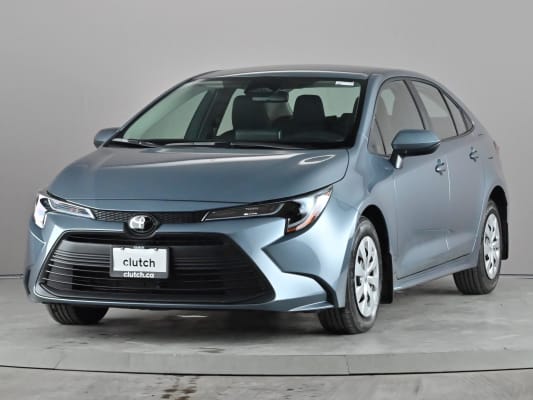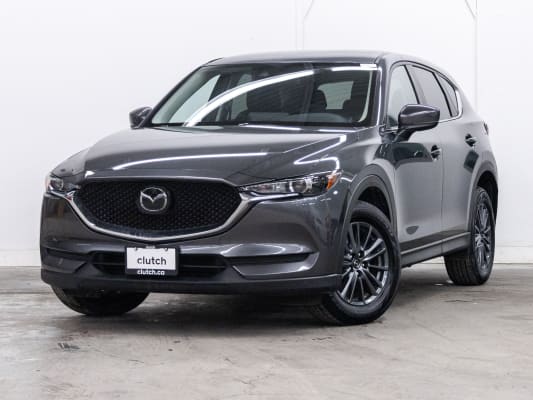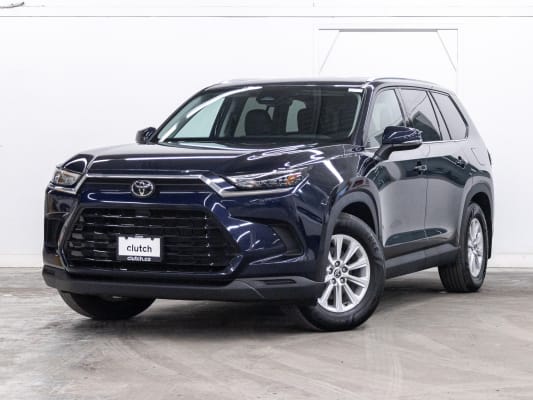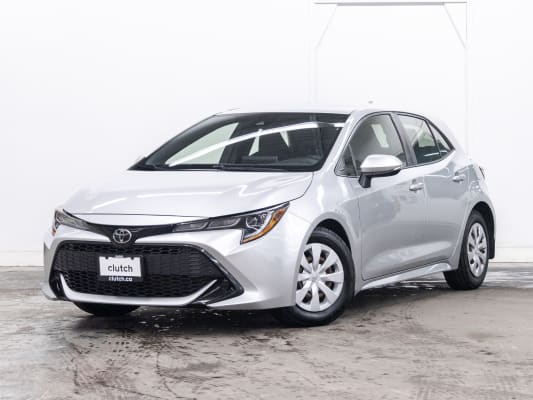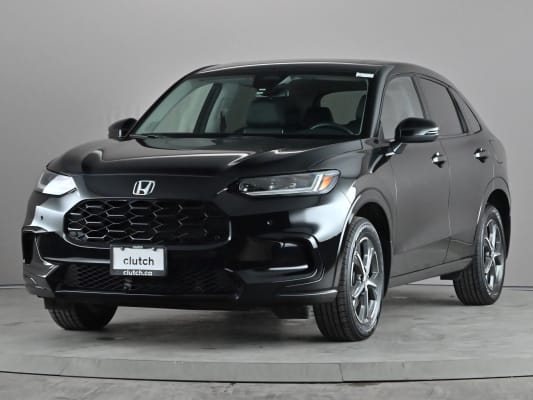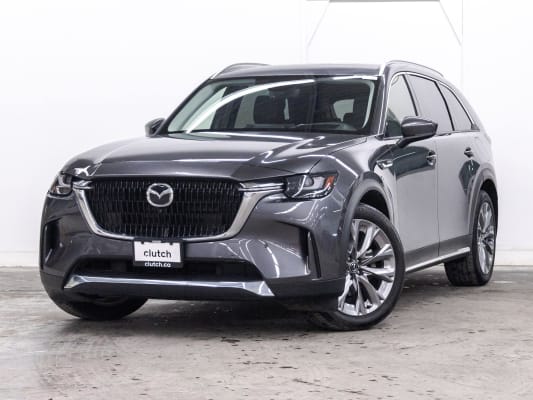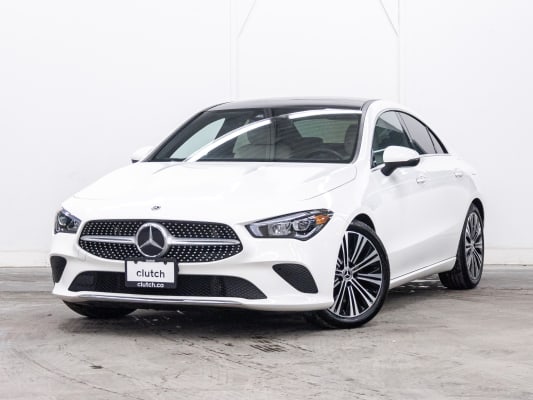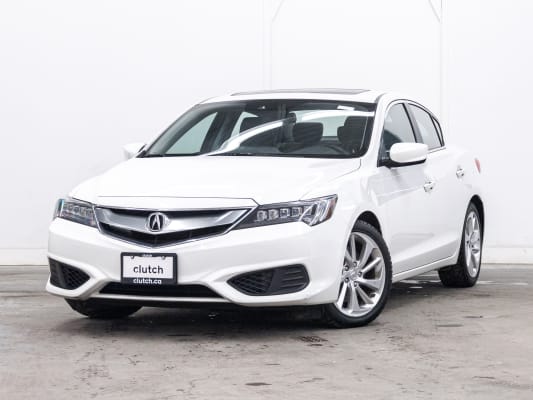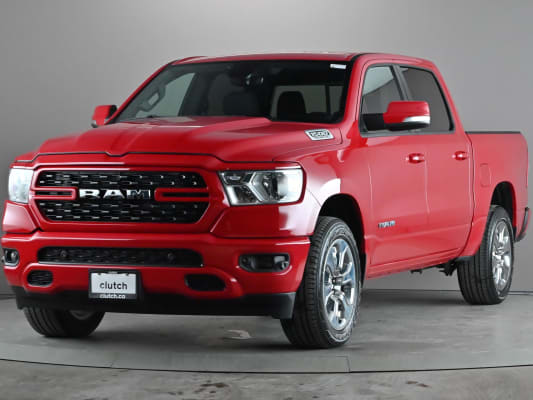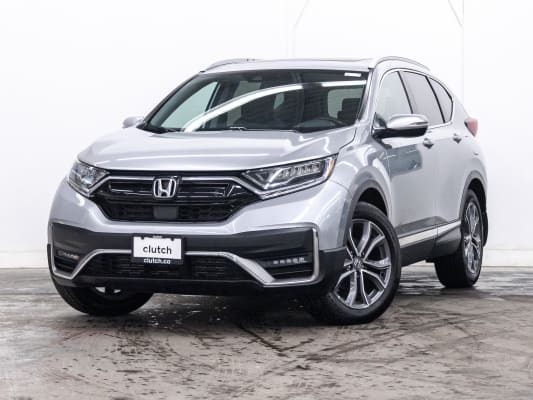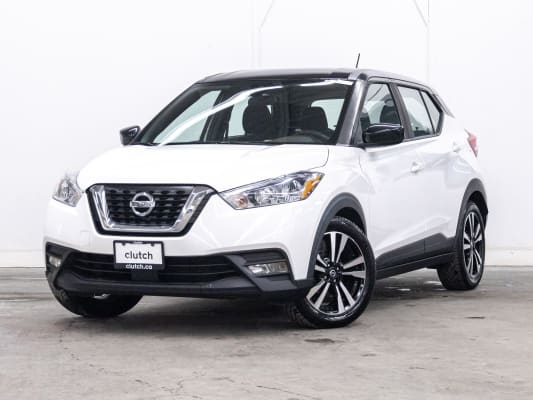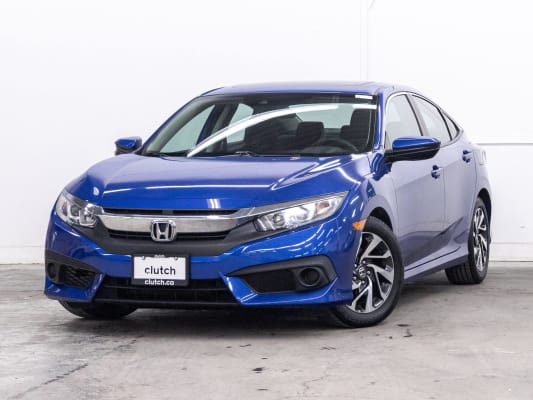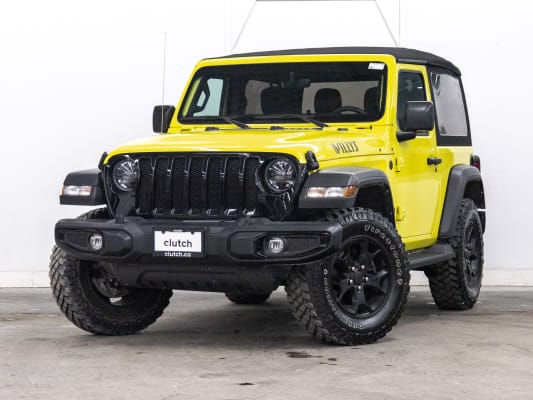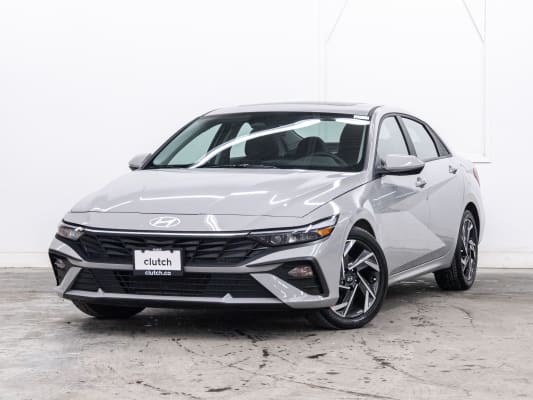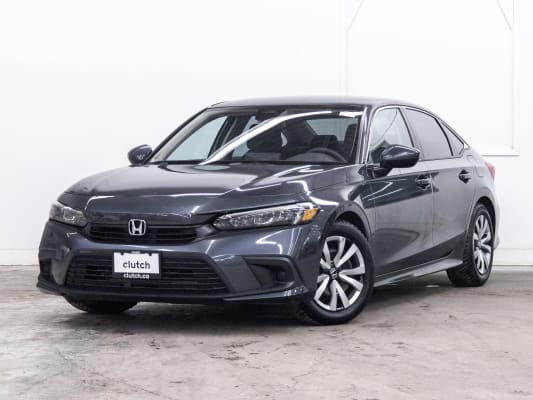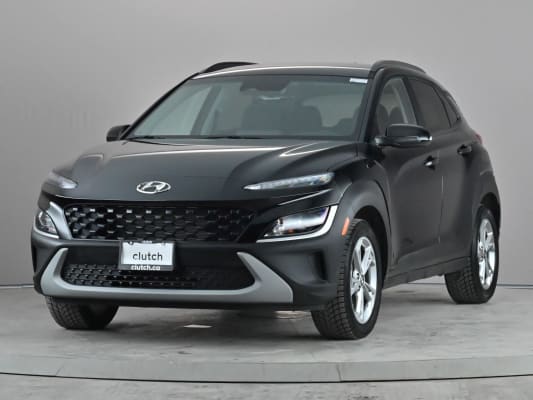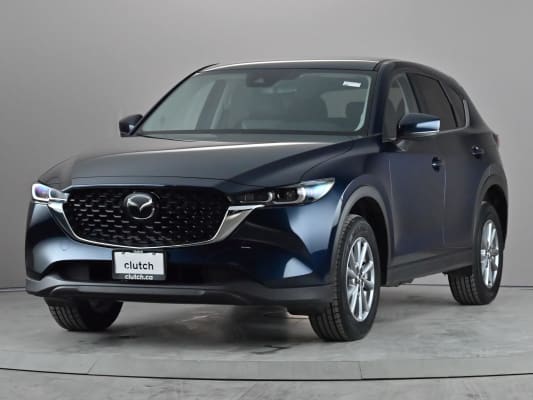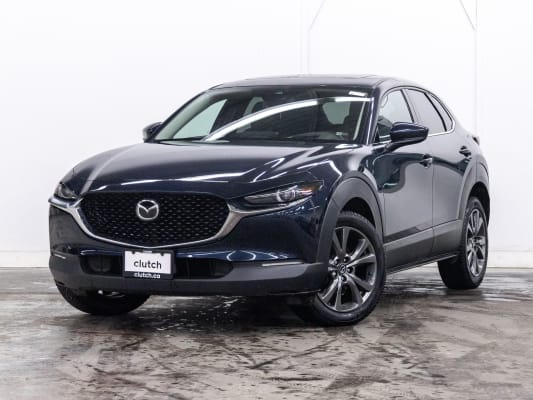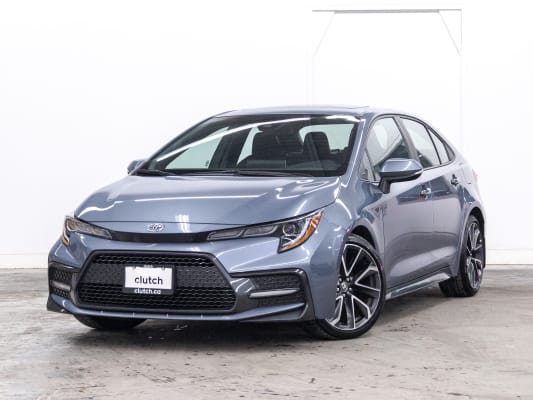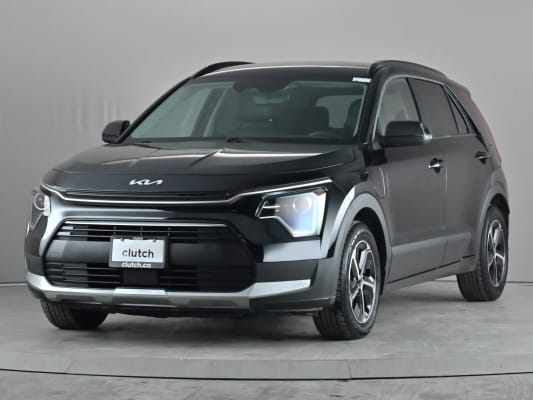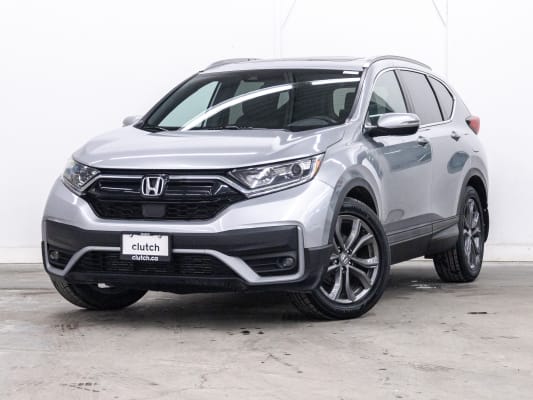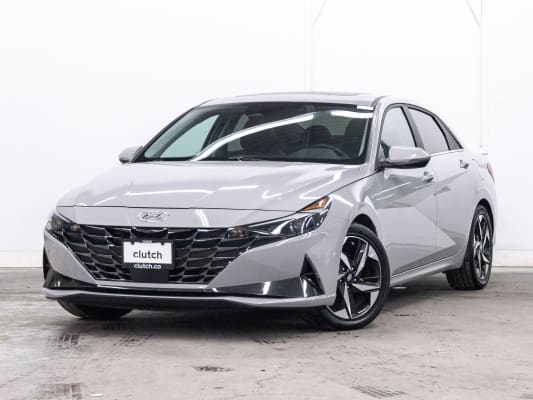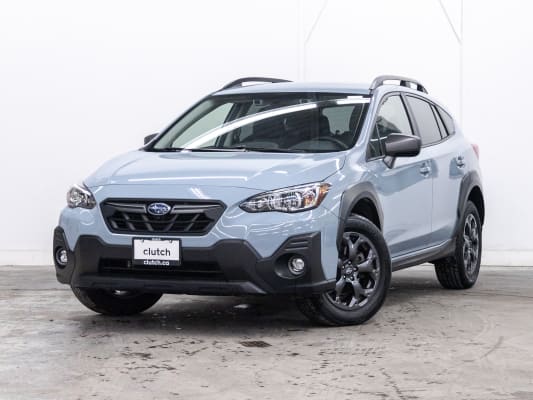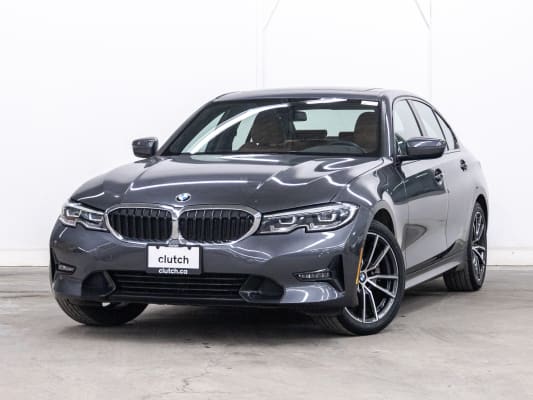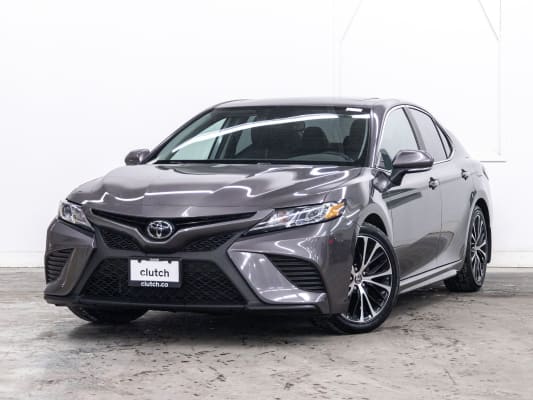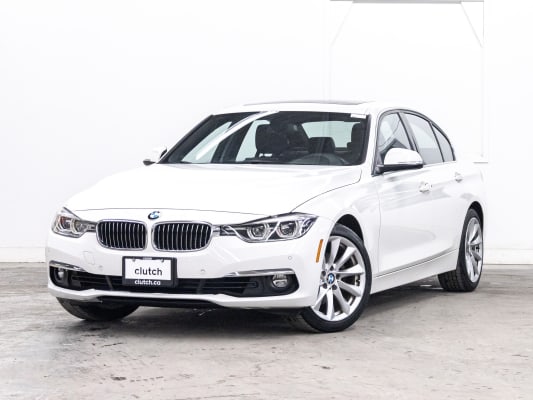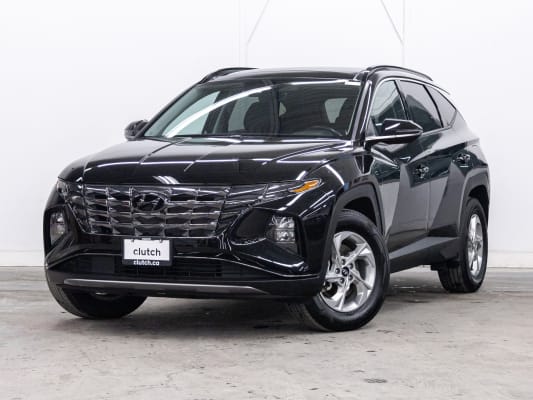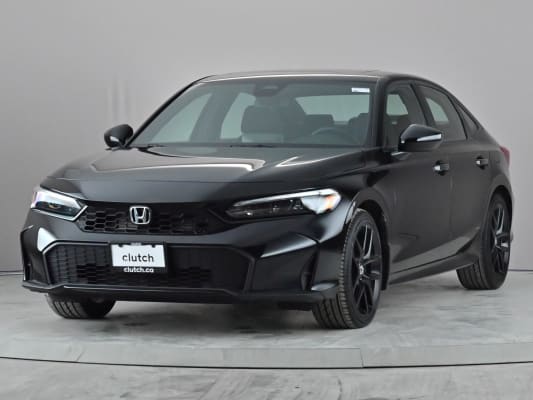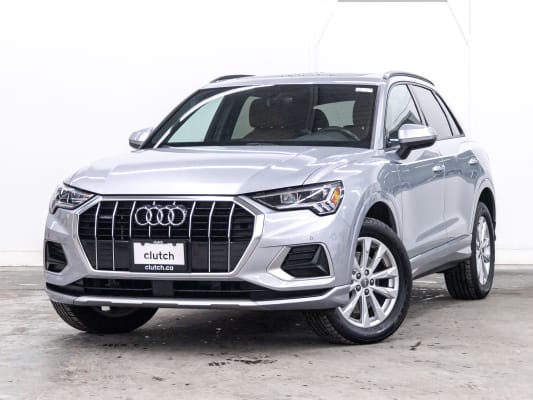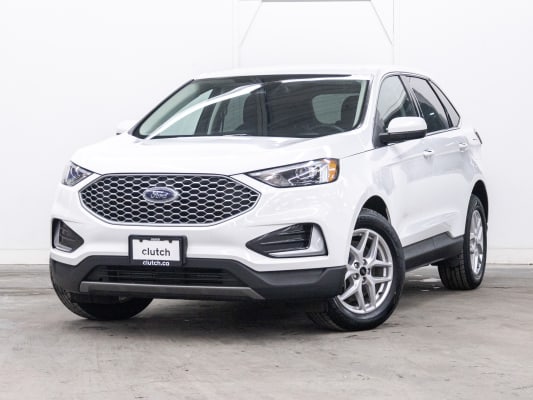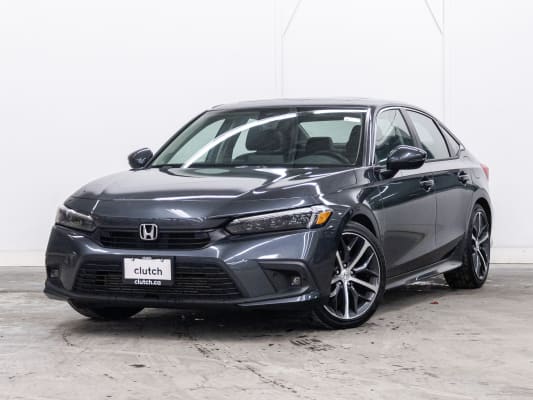Choosing the right SUV isn’t just about comparing specs—it’s about finding a vehicle that matches how you live. Whether you’re navigating busy city streets during the week, heading out for weekend road trips, or braving snowy cottage roads in the winter, Toyota has two popular options that cover a lot of ground: the Corolla Cross and the RAV4.
The Corolla Cross offers a compact, efficient package that’s easy to park downtown but still has room for groceries, gear, or friends. It’s great for drivers who want practicality without going overboard on size or price. Meanwhile, the RAV4 brings a little more of everything—space, power, and versatility—making it a favourite for families, outdoor enthusiasts, and anyone who likes having extra capability for those just-in-case moments.
In this comparison, we’ll explore how these two SUVs stack up across key categories like pricing, performance, fuel efficiency, and safety. Whether you’re after a commuter-friendly vehicle or a more adventurous all-rounder, we’ll help you decide which one fits your life best.
Pricing and Value: Corolla Cross vs. RAV4
When shopping for a used Toyota SUV, the Corolla Cross and RAV4 both offer strong value, but their price ranges reflect their different roles in the lineup. The Corolla Cross tends to be the more budget-friendly choice, especially in base trims, while the RAV4 commands higher prices thanks to its larger size, stronger engine, and wider range of features.
Here’s how the numbers typically break down for Canadian buyers:

Toyota Corolla Cross (2022–2025)
The Corolla Cross, which replaced the C-HR as Toyota’s subcompact SUV in 2022, has held its value well thanks to Toyota’s reputation for reliability and efficiency. Base L trims with FWD are typically the most affordable, while AWD versions and higher trims like the XLE command higher prices.
Complete pricing for each model year: 2022 Corolla Cross, 2023 Corolla Cross, 2024 Corolla Cross, 2025 Corolla Cross.

Toyota RAV4 (2022–2025)
The RAV4 consistently ranks among Canada’s top-selling vehicles, and its pricing reflects that demand. Even older models hold their value well, with AWD standard across all Canadian trims and added capabilities like higher towing limits and off-road packages (Trail, Woodland) pushing prices higher in specific cases.
Complete pricing for each model year: 2022 RAV4, 2023 RAV4, 2024 RAV4, 2025 RAV4.
Canadian Buyer Takeaways
- Budget-conscious shoppers will find the Corolla Cross more affordable across the board, especially for recent model years and base trims. It’s an excellent choice if you’re prioritizing price, fuel economy, and a smaller footprint.
- Drivers looking for more versatility—whether it’s cargo space, towing capability, or off-road readiness—might find the RAV4 worth the extra investment. Its higher resale value also makes it a solid long-term bet.
- Regional factors like mileage, condition, and winter equipment (AWD, heated seats, block heaters) can influence prices, especially in provinces with harsher winters.
Performance and Driving Experience
Neither the Toyota Corolla Cross nor the Toyota RAV4 is built to set lap records—but both offer a dependable, composed drive suited for Canadian roads. Whether you’re weaving through city traffic, merging onto the highway, or tackling snowy backroads, each SUV brings its own driving personality to the table.
Toyota Corolla Cross: Urban-Friendly and Predictable
The Corolla Cross takes its mechanical cues from the Corolla sedan, sharing a 2.0L four-cylinder engine that produces 169 horsepower and 151 lb-ft of torque. Power is routed through a continuously variable transmission (CVT), and depending on the trim, you can choose between front-wheel drive (FWD) or all-wheel drive (AWD).
In day-to-day driving, the Corolla Cross feels comfortable and easygoing—great for urban commutes or casual highway cruising. Acceleration is modest, especially when the AWD version’s added weight comes into play. You’ll want to plan ahead for highway merges or passing maneuvers, but for most drivers, it gets the job done without fuss.
That said, the CVT doesn’t always feel fully in sync with the engine. Some drivers might notice a delayed response under harder acceleration—typical of many CVTs, though Toyota’s systems are generally better than most. If your driving is mostly stop-and-go city traffic or light highway use, you probably won’t mind.
For Canadian winters, AWD trims offer extra confidence on snowy roads, though the Corolla Cross sits lower to the ground (161 mm clearance) compared to more rugged SUVs.
Toyota RAV4: Confident and Capable
The RAV4 steps things up with a 2.5L four-cylinder engine generating 203 horsepower and 184 lb-ft of torque. Paired with an eight-speed automatic transmission, it delivers more assertive acceleration and a smoother, more direct feel than the Corolla Cross. AWD comes standard on all Canadian models, making it a reliable companion for winter driving, gravel roads, or cottage country adventures.
While the RAV4 isn’t built for thrills, it handles confidently in a variety of conditions. The suspension does a great job absorbing bumps and potholes—especially helpful on rougher Canadian roads—and steering feels solid and reassuring at highway speeds. For drivers seeking more control on challenging surfaces, the Trail and Woodland trims offer Toyota’s Dynamic Torque Vectoring AWD, which can distribute power between wheels for enhanced traction on slippery or uneven ground.
If towing is on your radar, the RAV4 can handle more too. While most trims are rated to tow 680 kg (1,500 lbs)—matching the Corolla Cross—the RAV4 Trail can tow up to 1,588 kg (3,500 lbs), giving it more flexibility for hauling small trailers or outdoor gear.
Driving Experience in Canada
- Corolla Cross: Feels right at home in the city or suburbs, offering predictable handling and light steering that’s great for urban maneuvering. AWD trims add confidence for winter driving, but its lower power and ride height make it less suited for off-road excursions.
- RAV4: Built for variety. Whether it’s the daily commute, a snowy highway, or a gravel cottage road, the RAV4’s stronger engine, standard AWD, and optional off-road packages make it a more versatile, capable option for Canadian drivers who like to explore beyond the pavement.
Fuel Efficiency
When it comes to fuel economy, both the Toyota Corolla Cross and Toyota RAV4 deliver solid numbers for their size—but one definitely has the edge if saving at the pump is your top priority. Whether you’re clocking in long commutes, planning weekend getaways, or bracing for winter gas prices, here’s how each SUV performs.
Toyota Corolla Cross: Easy on the Pump
The Corolla Cross leans into efficiency, especially in front-wheel drive (FWD) trims. Gas models with FWD average around 7.4–7.6 L/100 km combined, while the AWD version bumps that up slightly to 7.8 L/100 km combined according to Natural Resources Canada (NRCan).
Hybrid models (covered separately) offer even greater savings, averaging 5.6 L/100 km, but even the gas models deliver respectable efficiency for a subcompact SUV. If your typical driving involves city errands or light highway use, the Corolla Cross’s fuel economy keeps things wallet-friendly.
Toyota RAV4: Options for Every Driver
The RAV4 offers more variety when it comes to fuel efficiency, thanks to its larger gas engine and available hybrid and plug-in hybrid (PHEV) options. The gas-powered RAV4 sits at 8.4–8.5 L/100 km combined, with AWD standard across all trims. It’s a bit thirstier than the Corolla Cross, but not by a huge margin for the extra power and size.
Hybrid and PHEV models shine for long-term savings, with the RAV4 Hybrid averaging 6.0 L/100 km and the plug-in hybrid (PHEV) boasting 2.5 Le/100 km combined (thanks to its electric-only driving range of up to 68 km). These are ideal for drivers who want to cut down on gas bills, especially in urban areas with regular commutes.
Canadian Buyer Takeaways
- City commuters or budget-focused drivers will benefit from the Corolla Cross Hybrid’s impressive fuel economy, with AWD included for winter peace of mind.
- Drivers needing more space or power but still wanting to save at the pump will appreciate the RAV4 Hybrid’s balance of capability and efficiency.
- Plug-in hybrid shoppers who can charge regularly and want to maximize electric driving will get the biggest fuel savings with the RAV4 PHEV.
Interior Comfort and Features
Step inside either the Toyota Corolla Cross or the RAV4, and you’ll find the kind of thoughtful design and practicality Toyota is known for. But depending on what you prioritize—whether that’s simple functionality or extra comfort for long road trips—one SUV may fit your needs better than the other.

Toyota Corolla Cross: Simple, Functional, and Familiar
The Corolla Cross keeps things straightforward, especially in lower trims, but that doesn’t mean it skimps on the essentials. Even the base L trim comes equipped with:
- An 8-inch infotainment touchscreen with wireless Apple CarPlay and Android Auto
- Heated cloth seats (standard in Canada—because winter)
- Manual climate control (dual-zone automatic available on higher trims)
- A tilt and telescopic steering wheel and auto up/down windows on all four doors
Higher trims like the XLE (gas) or XSE (hybrid) add features such as:
- Dual-zone automatic climate control
- Faux-leather upholstery (SofTex)
- Wireless charging pad
- Power-adjustable driver’s seat
- Power liftgate for easier loading
- Heated steering wheel (standard in hybrid trims)
The interior materials lean toward practical rather than plush—expect some hard plastics, especially in the lower trims—but the layout is intuitive. Toyota sticks with physical dials and buttons for climate controls, which is a win for usability, especially when you’re wearing gloves in the winter.
While not flashy, the Corolla Cross’s cabin is a comfortable place for commuting or running errands, with all the right features for day-to-day convenience.

Toyota RAV4: Roomier, Richer, and More Refined
Step up to the RAV4, and you’ll notice a bit more attention to detail, along with extra space for both passengers and cargo. Even the base LE trim includes:
- Heated front seats (a must in Canada)
- An 8-inch infotainment touchscreen with Apple CarPlay and Android Auto
- Fabric upholstery
- Cargo cover and dual-zone automatic climate control
Higher trims like the XLE Premium and Limited offer added comforts:
- Faux-leather upholstery (SofTex) or optional leather-like materials
- Heated rear seats and ventilated front seats
- A wireless charging pad
- Larger 10.5-inch infotainment touchscreen
- 12.3-inch digital instrument cluster (Limited trim)
- Premium JBL audio system with 11 speakers
- Power liftgate with hands-free operation
- Panoramic sunroof for an airy feel
The RAV4’s interior offers a more upscale vibe overall, especially in higher trims. It feels more spacious, both in passenger room and cargo flexibility, and the use of softer-touch materials and contrasting stitching in upper trims adds a sense of refinement. Tech-savvy drivers will appreciate the available digital rearview mirror and panoramic view monitor for better visibility and parking ease.
Canadian Buyer Takeaways
- Corolla Cross: Focuses on function over flash, with all the must-have features like heated seats and smartphone connectivity, plus simple, user-friendly controls. Great for drivers who value practicality without the extra bells and whistles.
- RAV4: Offers a more premium feel and more space, with a wider range of creature comforts and tech upgrades. Ideal for families or drivers who spend more time on the road and want those extras like ventilated seats or premium audio.
Space and Practicality
When it comes to space, both the Toyota Corolla Cross and RAV4 offer smart layouts and versatile cargo areas, but they serve different needs. The Corolla Cross provides a compact footprint that’s easy to maneuver in city traffic, while the RAV4 steps up with more room for passengers and gear—perfect for growing families or weekend adventurers.
Passenger Space: Compact vs. Comfortable
- Corolla Cross: Offers solid front-seat space for a subcompact SUV but feels tighter in the back, especially for taller passengers. Rear legroom is limited at 813 mm, making it better suited for kids or shorter trips with adults in the back.
- RAV4: Provides noticeably more room, especially in the rear seats with 960 mm of legroom—plenty for adults to stretch out. This makes it a more comfortable option for longer drives or family road trips.
Cargo Capacity: Everyday Errands to Adventure-Ready
- Corolla Cross: Despite its smaller size, it offers decent cargo flexibility. FWD models hold up to 680 litres with the seats up, though AWD trims and the hybrid dip slightly to 609 litres. Drop the rear seats, and you’ll get up to 1,328 litres (FWD) or 1,245 litres (AWD). Perfect for groceries, sports gear, or weekend bags—but it can feel snug for larger hauls.
- RAV4: This is where the RAV4 shines. With 1,059 litres of cargo space behind the rear seats and up to 1,977 litres with them folded, it’s a standout in the compact SUV class. Whether you’re loading up for a camping trip or fitting in home improvement supplies, the RAV4’s cargo area handles it with ease.
Towing Capacity: Light Duty vs. Ready for More
- Corolla Cross: Tows up to 680 kg (1,500 lbs) across all models, enough for small trailers or bikes but not much more.
- RAV4: Matches that 680 kg (1,500 lbs) towing limit in most trims, but if you opt for the Trail trim, you unlock 1,588 kg (3,500 lbs) of towing capacity—great for small campers or boats.
Canadian Buyer Takeaways
- Corolla Cross: A great fit for urban drivers or small families who need decent cargo flexibility without the bulk of a larger SUV. Perfect for city parking and occasional gear hauling.
- RAV4: Offers significantly more space for passengers and cargo, making it a better option for families, road trips, or anyone who regularly hauls larger loads. The higher towing capacity in the Trail trim also makes it a more versatile choice for outdoor enthusiasts.
Safety and Reliability
Both the Toyota Corolla Cross and RAV4 uphold Toyota’s strong reputation for safety and dependability. But when it comes to ratings and available features, there are a few differences worth noting.
Safety Features and Ratings
- Corolla Cross: Covers the basics with Toyota Safety Sense 3.0, including adaptive cruise and emergency braking. The hybrid scored a Top Safety Pick from IIHS, though some crash tests rated “Acceptable” (like side impacts).
- RAV4: Slightly more robust, with 5 stars overall from NHTSA and the same Top Safety Pick status from IIHS. Includes blind-spot monitoring and rear cross-traffic alert standard—features only available on higher Corolla Cross trims.
Reliability
- Both models benefit from Toyota’s solid reputation for long-term durability.
- Corolla Cross reliability scores are slightly lower but still above average.
- RAV4 consistently earns 4/5 for predicted reliability, making it one of the most dependable SUVs in its class.
Verdict: Which One Is Right for You?
There’s no wrong choice between the Toyota Corolla Cross and the Toyota RAV4—just the right choice for where you are in life. Both deliver Toyota’s signature blend of dependability and efficiency, but they’re built with different priorities in mind.
Choose the Toyota Corolla Cross if you:
- Want a compact SUV that’s easy to maneuver and park in urban settings
- Are looking for lower upfront costs and better fuel efficiency, especially with the hybrid
- Need just enough cargo space for groceries, sports gear, or the occasional road trip
- Prefer a simpler, no-nonsense interior with essential tech and safety features
- Drive mostly in the city or suburbs but still want AWD for winter confidence
The Corolla Cross is a great pick for solo drivers, couples, or small families who need practical space without overcommitting to a larger SUV. It’s affordable, efficient, and delivers peace of mind through every season.
Shop Toyota Corolla Cross models on Clutch
{{widget-1}}
Choose the Toyota RAV4 if you:
- Need more interior space for passengers or gear—especially for growing families or longer trips
- Want more power under the hood and a higher towing capacity, with off-road-ready trims like the Trail
- Prefer extra comfort and convenience features, like heated rear seats, a larger touchscreen, or premium audio
- Do a mix of city, highway, and cottage country driving, and need an SUV that can handle it all
- Value hybrid or plug-in hybrid options for even better fuel savings without sacrificing capability
The RAV4 is the right call for families, outdoor enthusiasts, or anyone needing a versatile SUV that’s just as ready for a weekend escape as it is for a weekday commute.
{{widget-2}}
The Takeaway for Canadian Drivers
If your lifestyle leans toward urban living, smaller hauls, and fuel savings, the Corolla Cross is a smart, hassle-free companion. But if you’re hauling more, heading to the cottage, or just want an SUV that’s ready for whatever Canada throws your way, the RAV4 gives you the space and strength to do it all.
Both are built to last. The real question is: how much SUV do you really need?
{{inlinecta2}}
Ready to find your perfect Toyota SUV?
Whether you’re leaning toward the practical Corolla Cross or the versatile RAV4, Clutch makes it easy to shop for high-quality used vehicles across Canada. Browse our wide selection of Toyota SUVs, get transparent pricing, and enjoy hassle-free delivery right to your door. Plus, every purchase comes with a 10-day money-back guarantee for total peace of mind.
Start your search today and drive away with confidence at Clutch.
FAQs About Toyota Corolla Cross and RAV4
Is the Toyota RAV4 worth the extra money over the Corolla Cross?
It depends on your needs. The RAV4 offers more space, stronger towing capability, and more advanced features—especially in higher trims. If you frequently haul cargo, travel with family, or enjoy outdoor adventures, the RAV4’s extra size and power are worth it. If you mainly drive in the city and value affordability and efficiency, the Corolla Cross is a smart, budget-friendly option.
Is the Corolla Cross Hybrid or RAV4 Hybrid better for fuel economy?
The Corolla Cross Hybrid leads the way with 5.6 L/100 km combined, making it the most efficient choice for daily commutes and city driving. The RAV4 Hybrid follows closely with 6.0 L/100 km combined, while the RAV4 Plug-in Hybrid (PHEV) offers the best efficiency overall with 2.5 Le/100 km and up to 68 km of electric-only range.
Can the Corolla Cross handle Canadian winters?
Yes, especially the AWD models. The Corolla Cross offers all-wheel drive and essential safety features like Toyota Safety Sense 3.0, making it capable of handling snow and ice. However, for tougher conditions or frequent cottage trips, the RAV4’s higher ground clearance and available off-road trims provide extra confidence.
Is the RAV4 much bigger than the Corolla Cross?
The RAV4 is larger, offering more rear legroom (960 mm vs. 813 mm) and nearly double the cargo space with the seats folded down. If you often carry passengers or need space for gear, the RAV4’s added room makes a noticeable difference.
Does the RAV4 or Corolla Cross have better tech features?
Both SUVs come with Apple CarPlay, Android Auto, and Toyota’s suite of safety features. The RAV4 edges ahead in higher trims with options like a 12.3-inch digital instrument cluster, JBL premium audio, and a panoramic view monitor. The Corolla Cross offers solid basics but keeps tech simpler and more streamlined.
What’s the towing capacity difference between the Corolla Cross and RAV4?
The Corolla Cross can tow up to 680 kg (1,500 lbs) across all models. The RAV4 matches that in most trims but steps up to 1,588 kg (3,500 lbs) in the Trail trim, making it the better choice for towing campers or boats.
How much cargo space is there in the Corolla Cross vs. RAV4?
The Toyota RAV4 offers significantly more cargo space than the Corolla Cross, making it a better fit for families or anyone who frequently hauls gear.
- Corolla Cross:
- Up to 680 litres (FWD) or 609 litres (AWD/Hybrid) with the rear seats up.
- Expands to 1,245–1,750 litres with the rear seats folded, depending on the trim.
- RAV4:
- 1,059 litres with the seats up—nearly double the Corolla Cross.
- Expands to 1,977 litres with the seats folded down.









